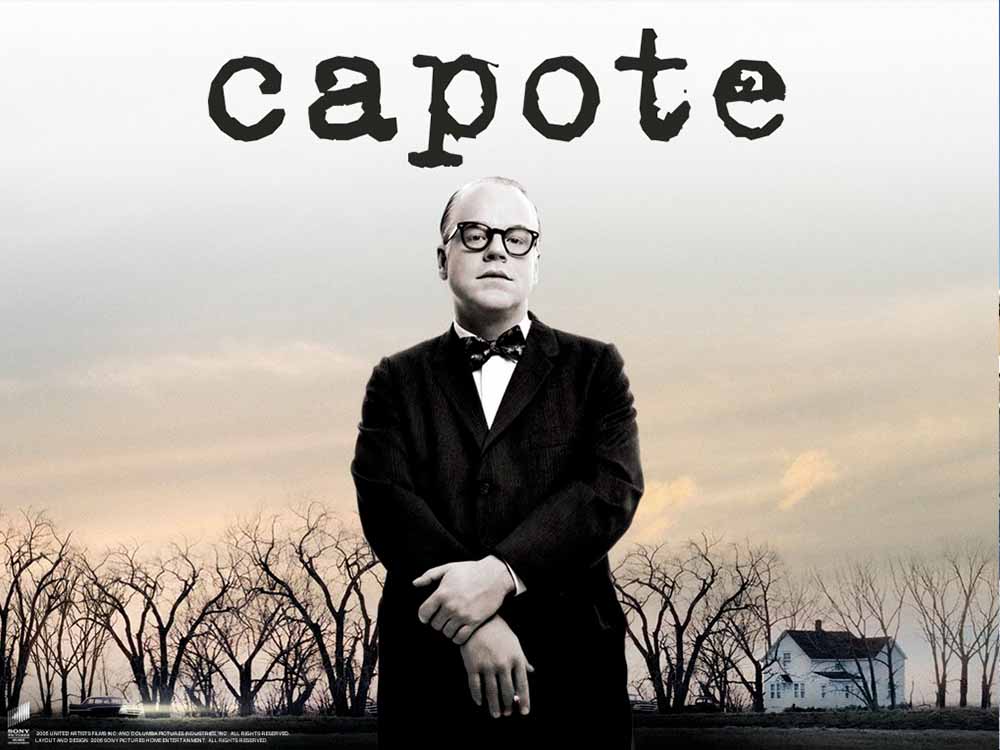Truman Capote in 2006: Legacy, Cinematic Tribute, and Literary Impact
The year 2006 marked a significant chapter in the enduring legacy of Truman Capote, an American author, screenwriter, and playwright. This exploration delves into the key narratives surrounding Capote in 2006, including the cinematic tribute to his life and work, his lasting literary impact, and the ongoing fascination with his complex persona.
“Capote” – A Cinematic Tribute
Biographical Film:
The release of the biographical film “Capote” in 2005 continued to resonate in 2006. Directed by Bennett Miller and starring Philip Seymour Hoffman as Truman Capote, the film provided an intimate portrayal of the author during the period when he wrote his groundbreaking nonfiction novel, “In Cold Blood.”
Oscar Success:
“Capote” garnered critical acclaim and earned Philip Seymour Hoffman the Academy Award for Best Actor for his remarkable portrayal of Capote. The film’s success contributed to a renewed interest in Capote’s life and works, introducing a new generation to the complexities of his character.
Literary Impact and “In Cold Blood”
“In Cold Blood” Legacy:
Truman Capote’s most celebrated work, “In Cold Blood,” continued to be a literary touchstone in 2006. The nonfiction novel, published in 1966, detailed the brutal murders of the Clutter family in Kansas and the subsequent investigation and trial. Its innovative narrative approach and exploration of the psychology of the perpetrators set it apart as a landmark work in true crime literature.
Critical Acclaim:
“In Cold Blood” received widespread critical acclaim for its meticulous research, vivid storytelling, and the ethical questions it raised about the boundary between journalism and literature. Capote’s ability to blend factual reporting with literary techniques left an indelible mark on the genre.
Truman Capote’s Complex Persona
Literary Socialite:
Truman Capote was renowned not only for his literary achievements but also for his role as a literary socialite. In 2006, retrospectives on Capote’s life highlighted his relationships with prominent figures in the arts and entertainment industry, contributing to his reputation as a flamboyant and complex personality.
Complications and Controversies:
Capote’s life was marked by complications and controversies, including struggles with addiction and a complex relationship with his own fame. The portrayal of these aspects in both “Capote” and subsequent biographical explorations added layers to the public’s understanding of the man behind the words.
Ongoing Fascination and Legacy
Posthumous Influence:
Truman Capote passed away in 1984, but his influence continued to permeate literature and popular culture in 2006. Writers, filmmakers, and scholars continued to explore and dissect Capote’s life, delving into the intersection of art and celebrity.
Literary Critique and Discussions:
Academic discussions and literary critiques explored Capote’s broader impact on American literature. His experimentation with form, his ability to capture the essence of characters, and his contribution to the true crime genre remained subjects of scholarly inquiry.
Cultural Homages:
Beyond literature and film, Capote’s cultural impact extended to various art forms. Homages, references, and adaptations of his works appeared in music, theater, and visual arts, underscoring the enduring relevance of his contributions.
In conclusion, Truman Capote in 2006 was not merely a historical figure but a literary giant whose legacy continued to evolve. The cinematic tribute in “Capote” brought his story to a new audience, while his enduring impact on literature and cultural fascination ensured that Capote’s influence would persist well into the 21st century.











